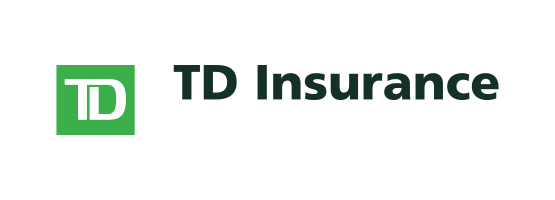Alumni spotlight
Proudly sponsored by TD Insurance


John T. Carpenter, BSc’99 (Geomatics Engineering)
“Follow the curiosity”
John Carpenter has gone from surveying to e-commerce and (almost) everything in between
When John Carpenter walked into the Schulich School of Engineering in 1995, he wasn’t set on any particular program. “I had no plans on what I was going specialize in,” says the CTO at BlackSquare Inc. “I went to introductory sessions by all the different groups and saw geomatics as an opportunity and went after it.”
Since graduating in 1999, Carpenter has worked in construction and satellite imagery, agriculture, cell phone security, game development, freelance app development, self-driving vehicles and e-commerce platforms for the alcohol industry at BlackSquare. He’s been involved with plenty of start-ups and seemingly disparate ventures. “You tend to follow things that are exciting and curious, and it just sort of works out that they become more and more important,” he says. “You just carry that curiosity forward and it tends to work out in the end.”
While geomatics technology has roared ahead since Carpenter was at school using dial up internet connections to reach a Netscape or Mosiac browser, other lessons he took away from Schulich transcend both time and any technical knowledge. “There was a lot of self-learning,” he says.
We were basically given a problem and told to go with it. You encounter problems you don't know, and you have to use your technology or your background to solve them.
John T. Carpenter, BSc’99 (Geomatics Engineering)
CTO at BlackSquare Inc.
The problem-based focus has served him well throughout his career, working with other innovators and startups. For example, years ago he built a game to demonstrate flip phone security technology at a conference. “We got no funding for the technology, but somebody paid us a lot of money for the game. Within one weekend we were now a game developer company.”
Not everyone is cut out to work in high-risk, fast-paced startup ventures, but Carpenter simply applies the same curiosity and problem-solving logic he’s had since he was an undergraduate at Schulich. “It's just having that ability to be comfortable with the unknown,” he says. “You have to be comfortable saying, ‘Well, we don't know the answer and we don't know where it's going but it seems really interesting,’ and then go after it. I think, as well, you just get used to the chaos and the magic that goes with startups.”
He says the technological changes since his days serving as president of the Engineering Student Society have been “staggering.” And he predicts the last quarter century of technological advancement will be eclipsed within the next three to five years. “The changes that are upcoming are accelerated by all the different technologies. Computers are more powerful, software’s infinitely more powerful now and the systems tend to accelerate each other.”
But as technology races forward, some things will never change—the importance of relationships he made at Schulich. “I've kept many of those same friendships and contacts and that's been immensely valuable. You're obviously going to school with a lot of other engineers. And these people have all been very successful,” he says. “The education starts you off but that networking with peers has probably given me far more advantage than anything else.”
